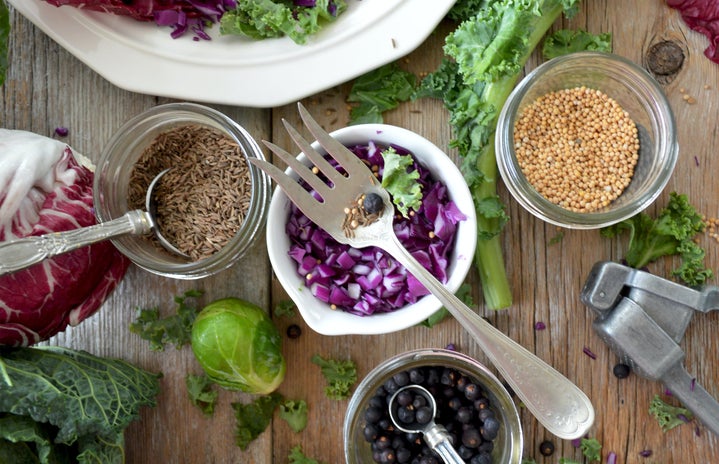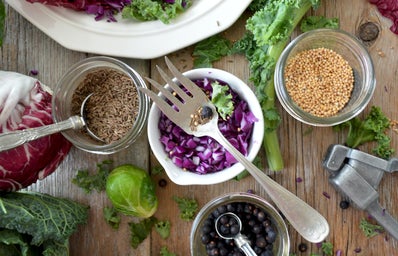What is Sustainable eating?
Sustainable cooking is all about healthy eating for the environment and your body. It is defined in many different ways based on people’s individual choices. But generally, sustainable cooking focuses on eating green, reducing meat consumption, and limiting your processed food intake. With this lifestyle: you’ll be supporting local farms, maintaining a healthy diet, and reducing overfishing and greenhouse gas emission. There are so many benefits to this nutritious and tasty menu!
Why eat sustainably?
The food production process is harmful.
- Approximately 30% of greenhouse gasses can be attributed to the processed food production and the raising of livestock. These greenhouse gases are very harmful to the environment because they trap heat in the atmosphere and ultimately contribute to global warming.
Fish population
- The majority of the world’s fish population is overfished. By limiting our meat intake, we can rehabilitate this population and prevent from killing off species.
Health Benefits
- Eating greener is eating healthier. By taking out processed foods, your diet will change and allow your body to grow. It will make you feel healthier.
How can I eat sustainably?
-Prioritize plants. A balanced plate suggests filling half your plate with veggies.
– Minimize your meat consumption. Although meats can be a good source of protein, raising them can have some serious negative environmental impacts. There are so many other sources of protein that you can enjoy!
-Pay attention to the seafood you consume. Certain aquatic creatures are actually in danger of being overfished. Start looking into what types of fish may be experiencing overfishing.
-Look Local. Support your community and local farmers. They will grow more organically and you’ll find your produce to be much fresher.
Additional lifestyle steps that can be taken:
- compost
- don’t use plastic water bottles
- bring reusable grocery bags to the store
- limit your plastic bag use. Try reusable containers!


